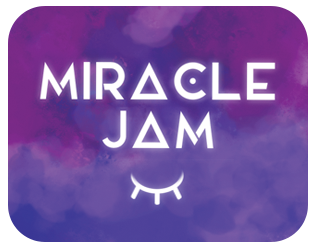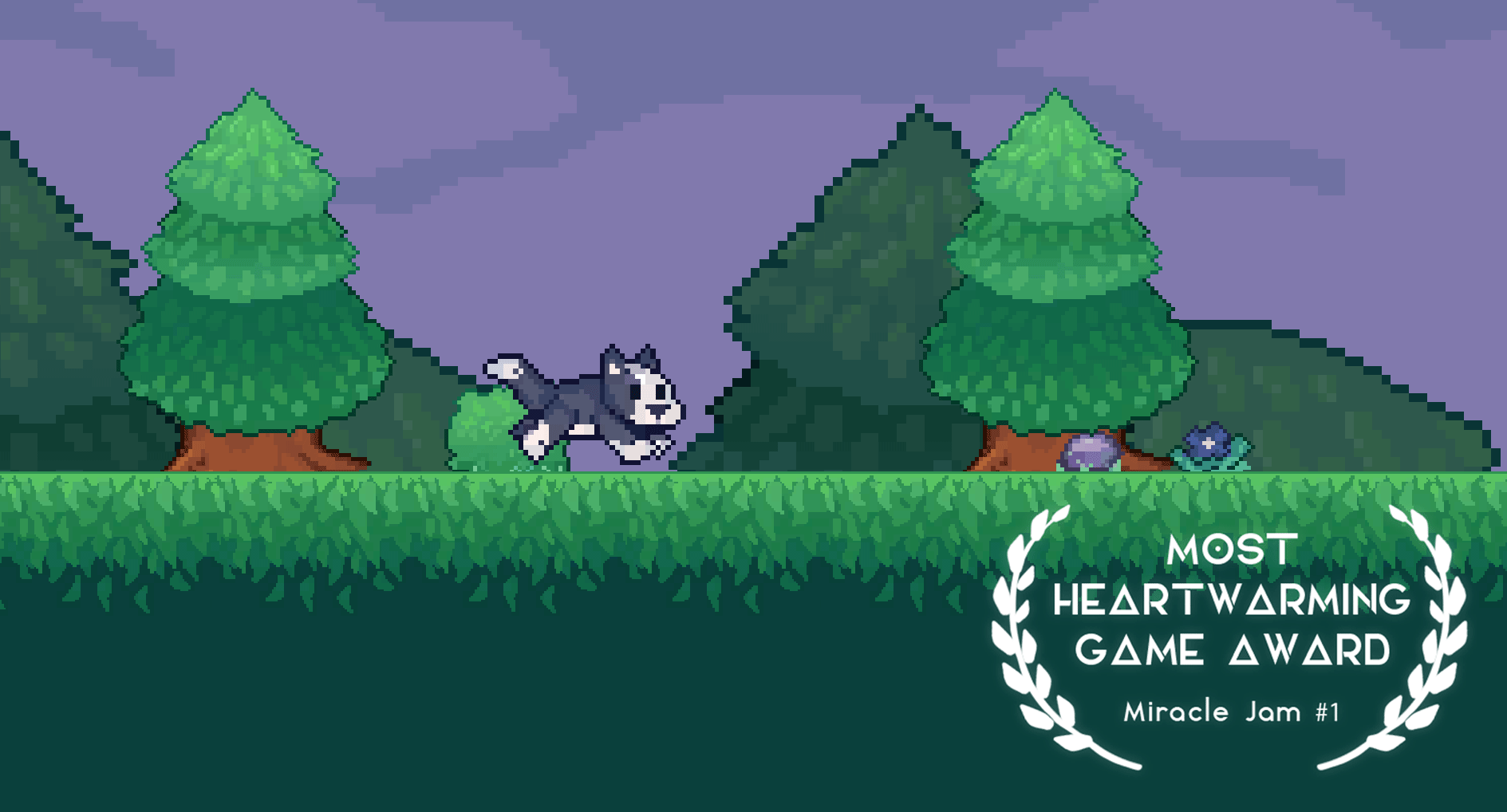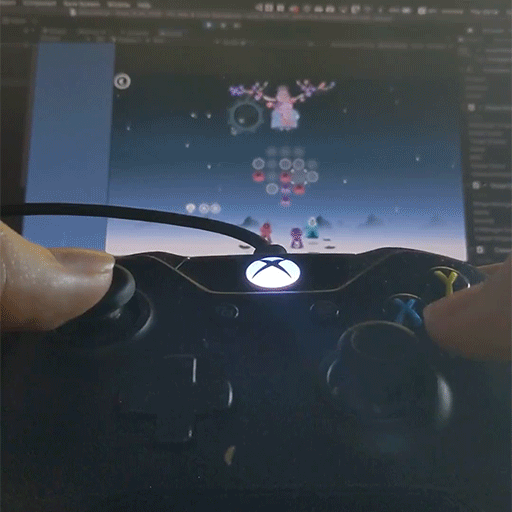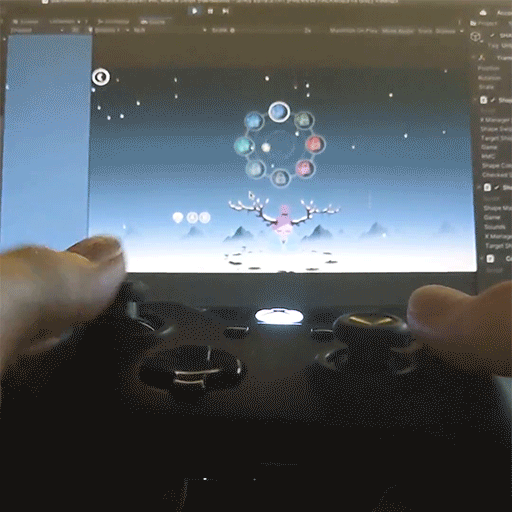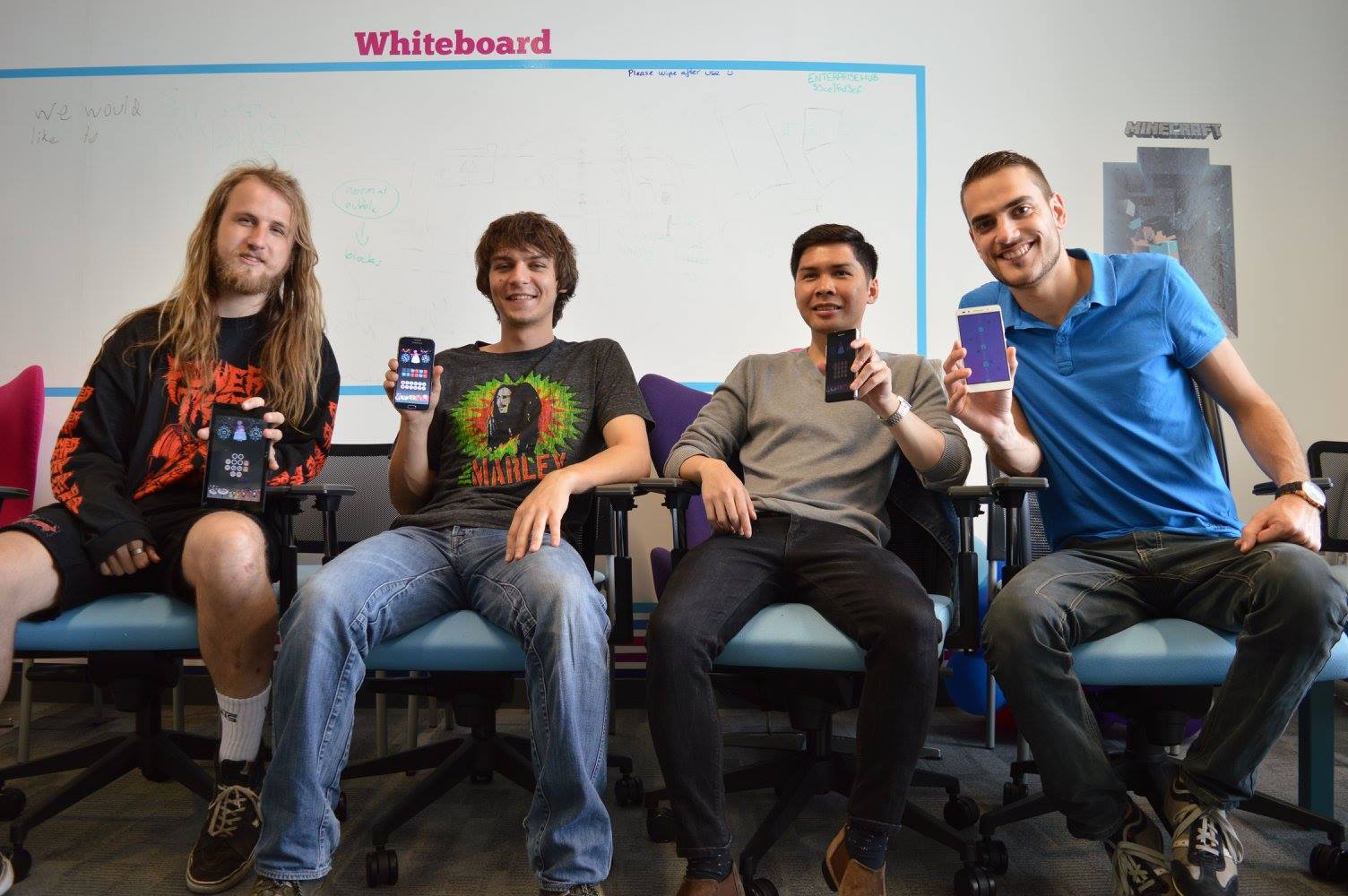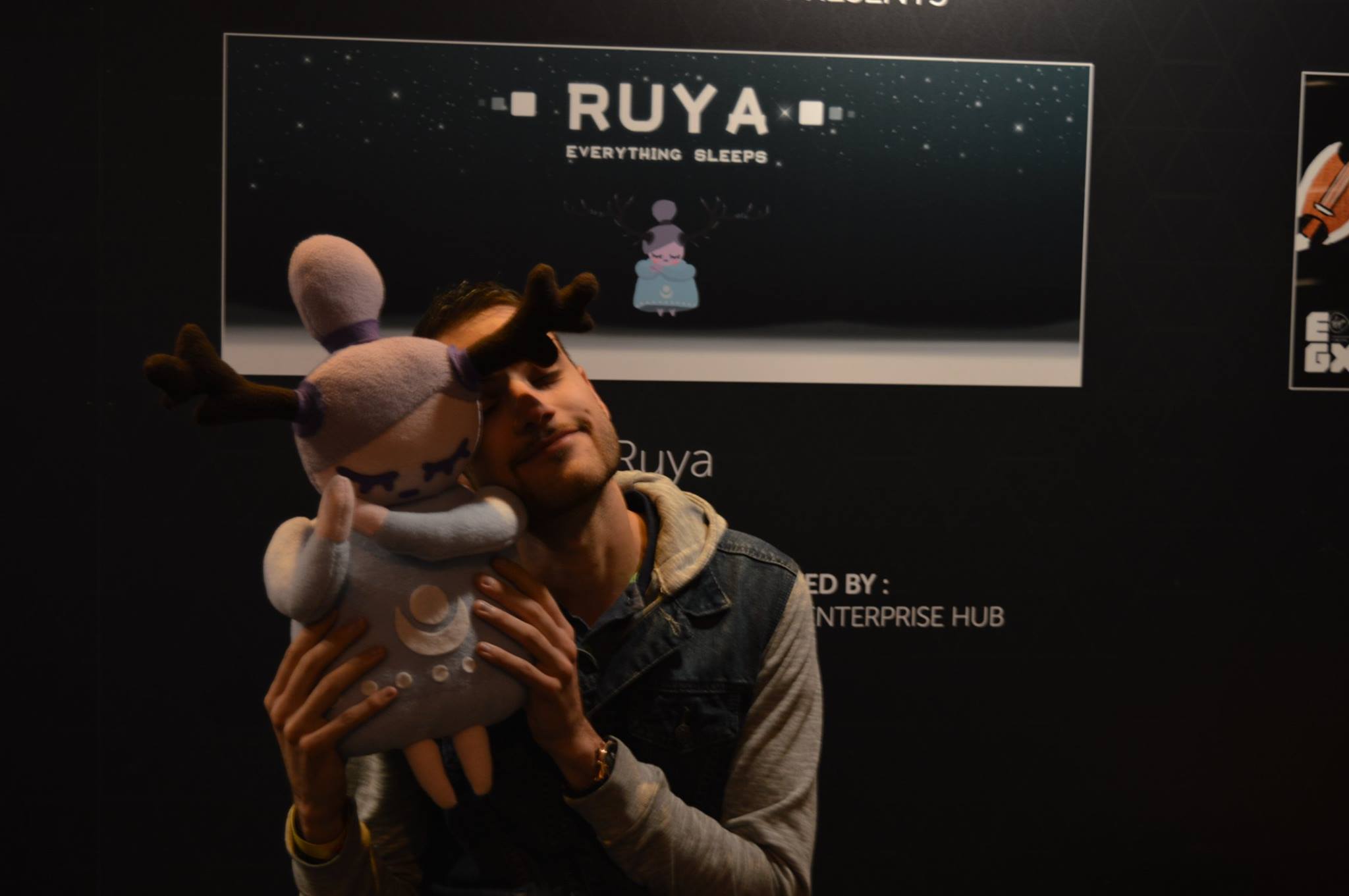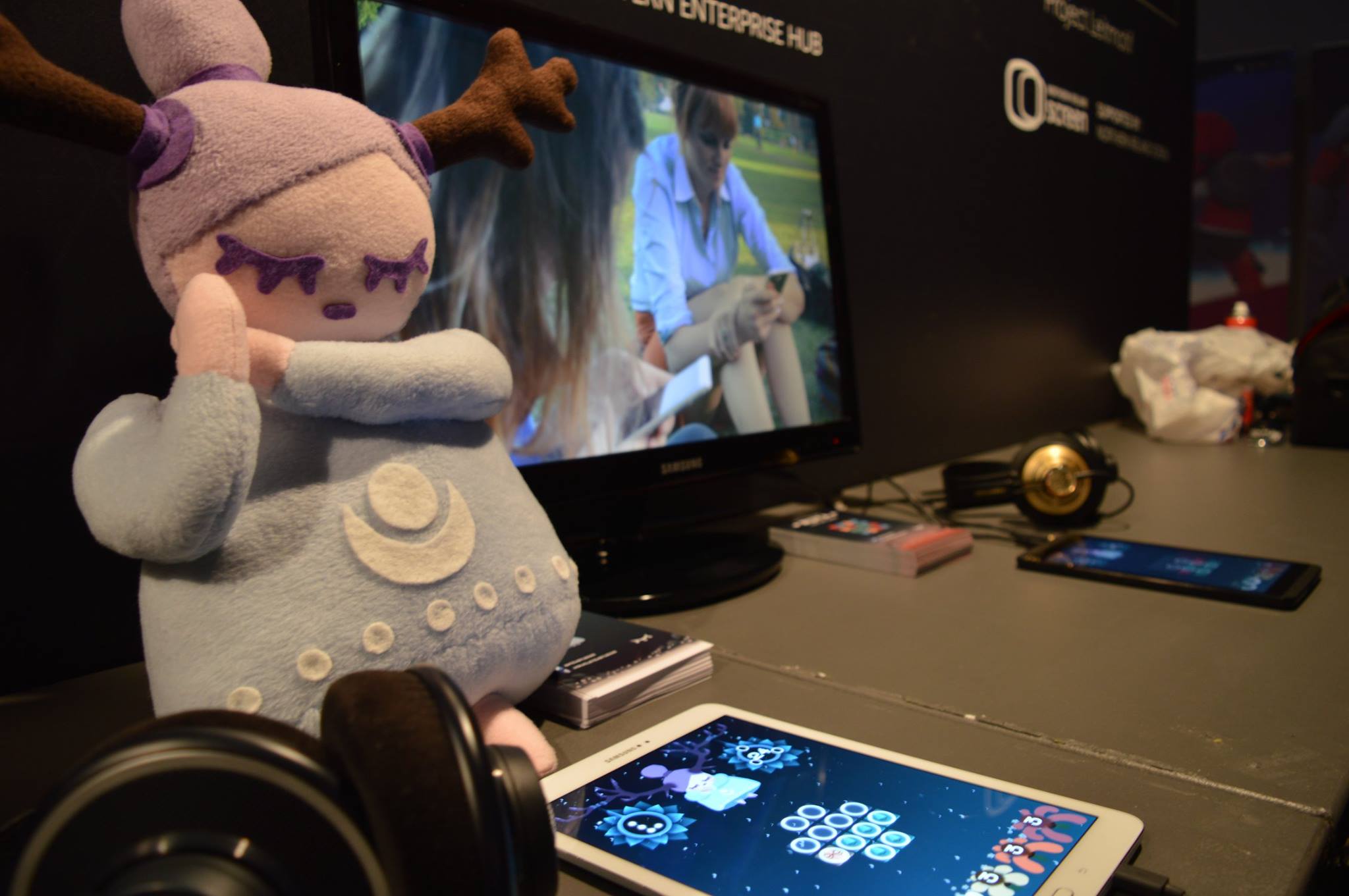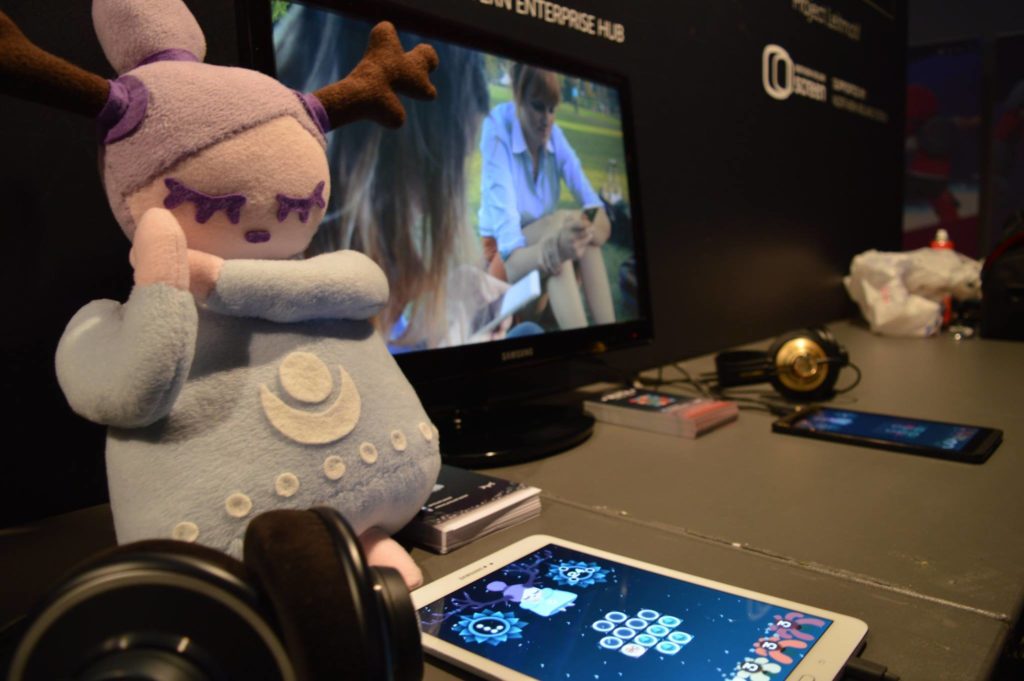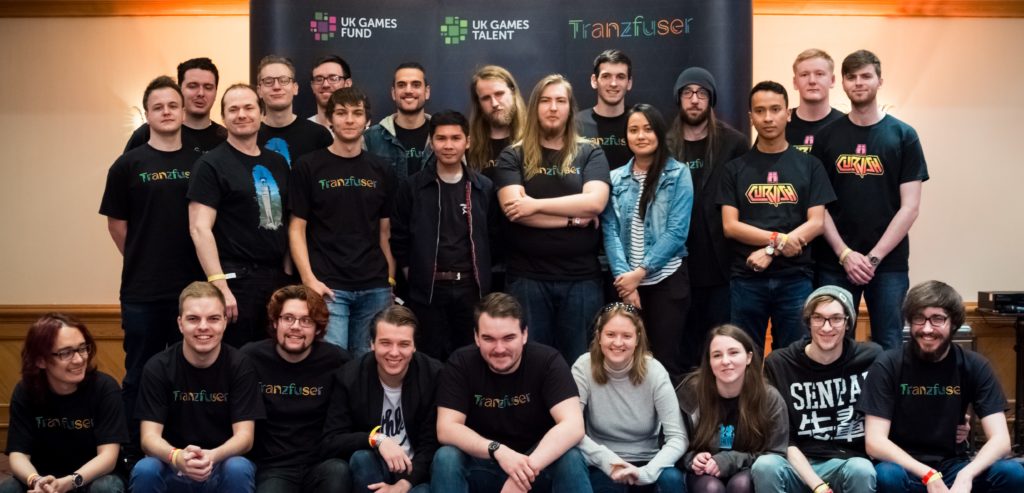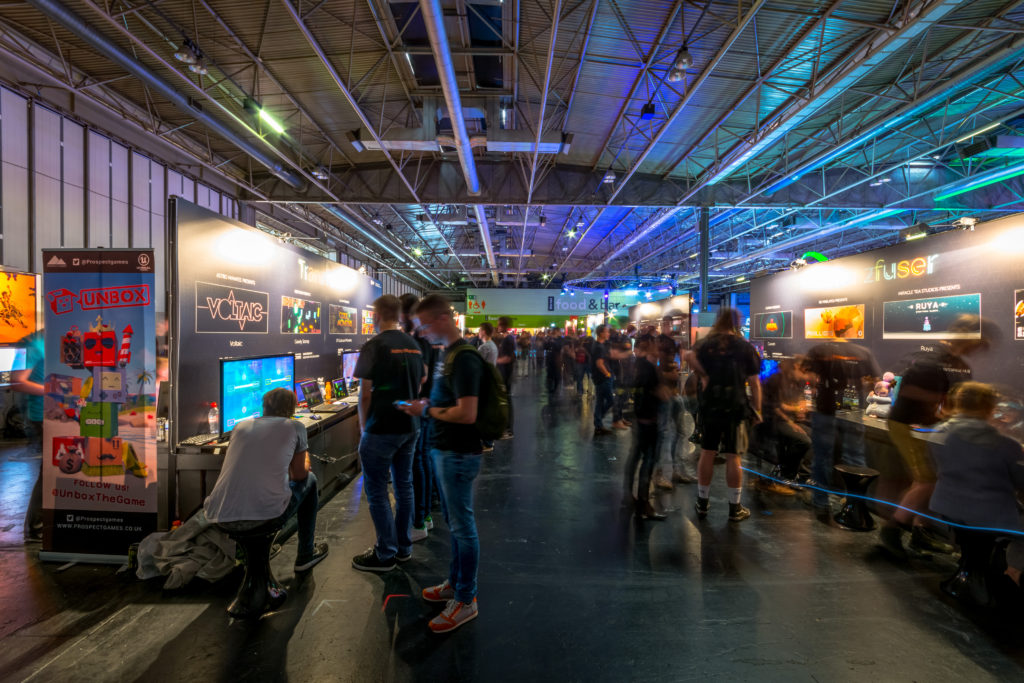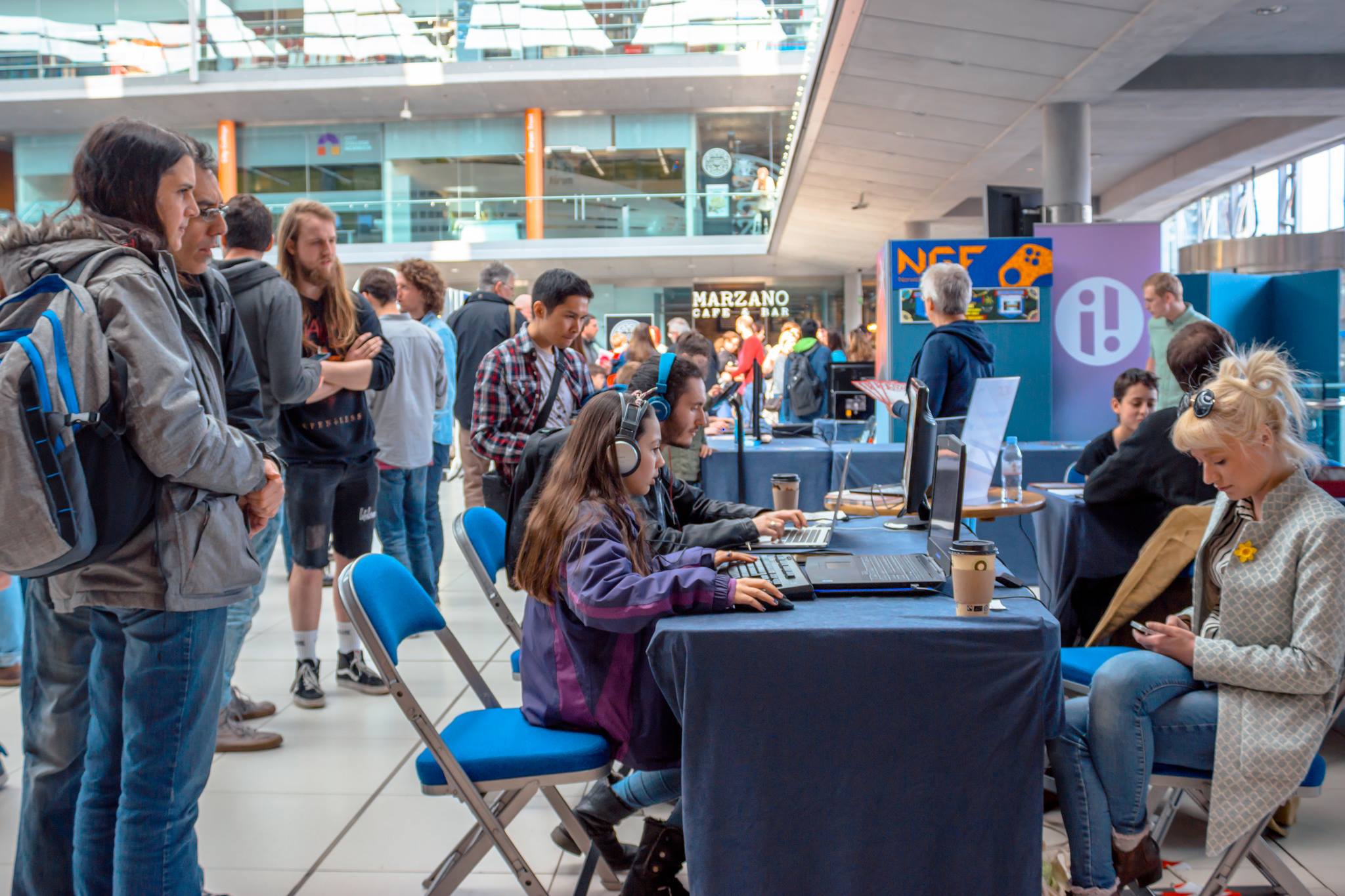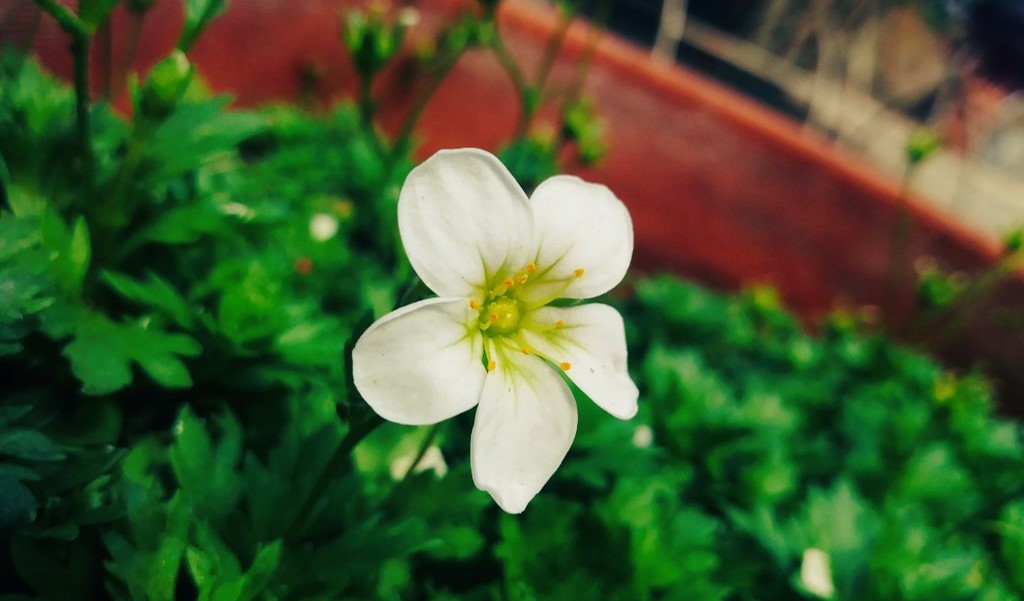-
Brad Smith
Miracle Jam – Winners Announced!
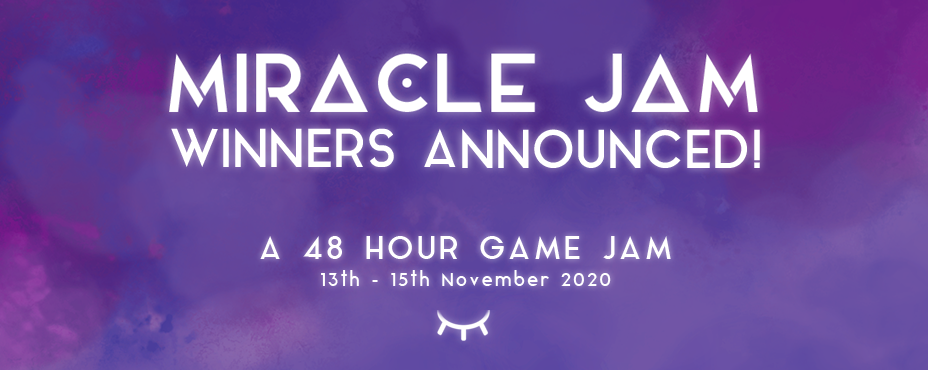
Miracle Jam served as a catalyst to encourage the unconventional and deeply personal. We encouraged jammers to explore making personal games as a form of self-therapy and deepening ones understanding of their own psyche. The very first instalment of Miracle Jam wrapped up last weekend. We had over 40 participants from all over the world and a total of 8 games submitted! The jam far exceeded our expectations and we thank all of you for putting time into sharing a little piece of yourself.
Theme
In 48 hours jammers were asked to make “A Love Letter Game”…
“Whatever it is you love most in this world. That thing you hold close to your heart, be it a person, a pet or your favourite game. We would love to see games intended as love letters to that special thing of yours.”

Forget Me Not – Most Beautiful Visual Award
“While there were several nuggets of beautiful visuals in many entries, I would like to give the Beautiful Visual Award to ‘Forget Me Not’ by Elliot Chester and Andreea Mazarianu. Playing through the game got me transported to all of those non-conversations we all have with our pets, where we talk while knowing we will never get an answer back. Yet we find solace in those conversations, sharing our worries and frustrations. Trying to communicate that when we leave, we will come back. Cause isn’t that the most heartbreaking feeling, leaving your pet while not being able to make them understand we will return. This game is simplest yet perfect little homage to our beloved pets. And that feel of simplicity is only strenghtend by the beautiful visuals provided. Showing us that with a few well placed lines you can get your point across. The choice of using a watercolour art style is well thought out and goes hand in hand with the theme of the game. The blinking animation and falling petals are nice touches that make the game feel complete. This game made me smile. As a sidenote to the artist: I do hope you explores this art style more as I believe it is definite proof of your skill.” – Camille Carpentier
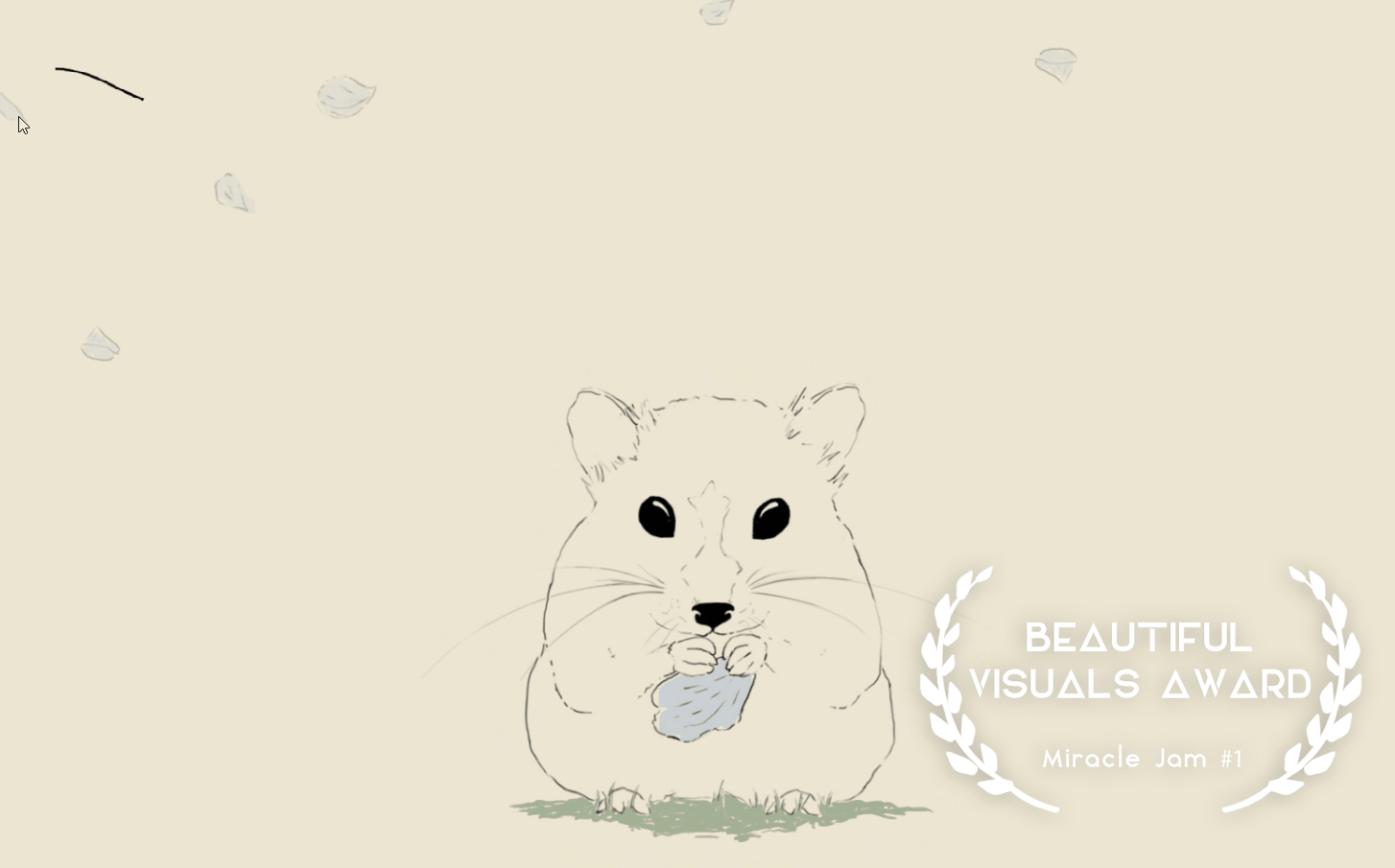
Them: Companions – Accessibility Award & Spin Tingling Audio
“Whilst many games entered into the Miracle Jam were accessible in a range of admirable ways, I’d like to give the accessibility award to Them: Companions, the personal love letter to our companion pets by Illien Alizée. The clear & contrasting gameplay elements as well as clear sans serif fonts create a visually very accessible game. The persistent and clearly presented control scheme and HUD alongside generous balancing ensure the tightly balanced experience is widely accessible. And finally the alternative input scheme gives flexibility to players with mobility impairments.”- Joe Kinglake
“The Spine Tingling Audio Award will have to go to Illien Alizée’s “Them: Companions”. We had multiple entries with beautifully composed sountracks but Them: Companions was the only game that painted a full soundscape covering every single gameplay element with accurately designed sound effects. From the footsteps to the eerie ambience, from the ghastly whispers to the cute jingle when you rescue all pets, the sound of this game truly is spine-tingling, and the fact that Illien designed it all herself just makes it extra special.” – Enrico Ercole
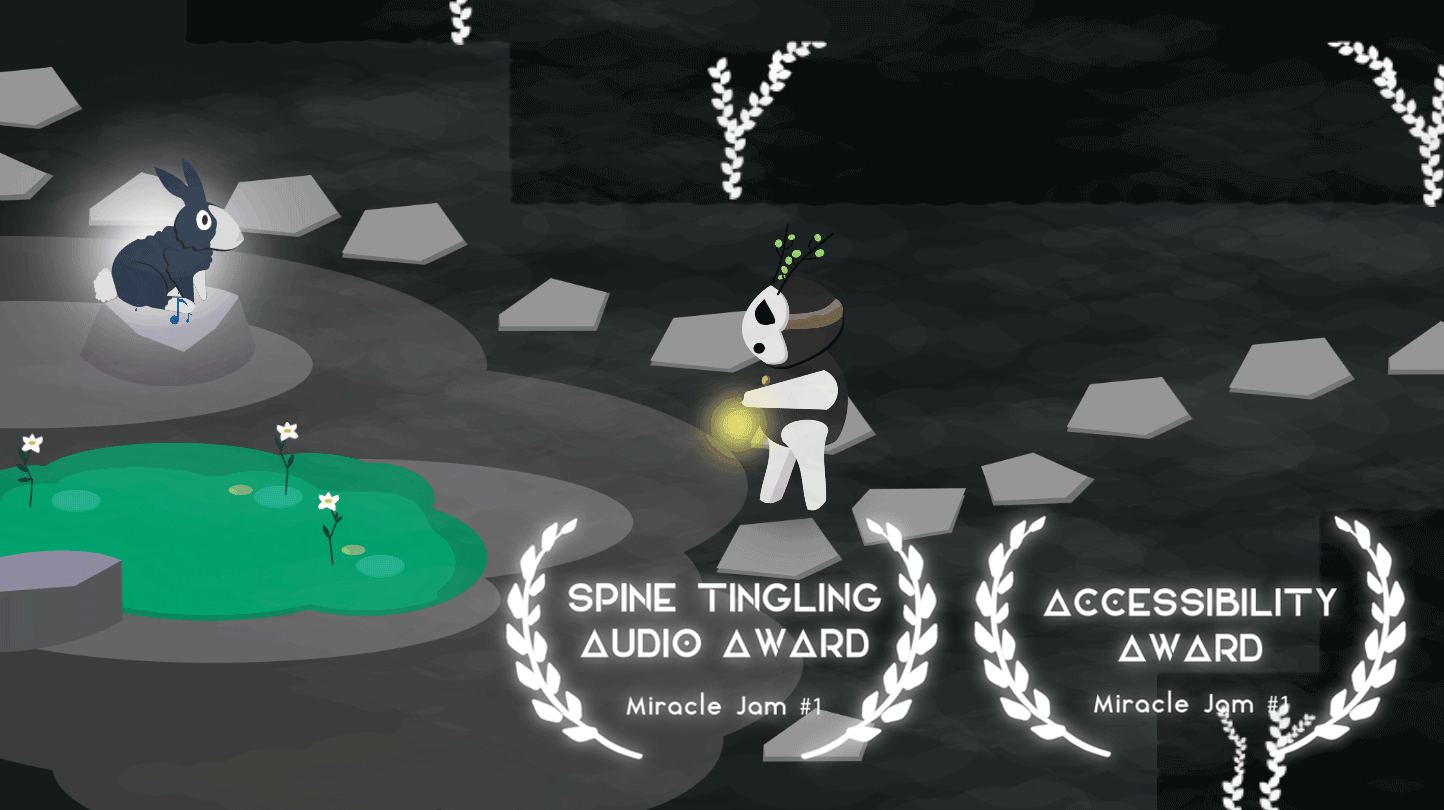
Homeward Bound – Most Heartfelt Game
“Homeward Bound by Kaitlin Haughton and Gina Loughlin has a special place in my heart. Not only did all the judges reacted strongly to the ending with a very genuine emotional response on Enrico’s live stream, but it’s a wonderfully complete entry for the time that was given. This was an entry I shared with my sisters and mother which they adored. This led to nostalgic conversations about our own old dogs and reminiscing of fond memories. Homeward Bound is relatable and touches on a genuine part of the human experience. The game very balanced visually and very well executed with little bugs. There’s so much potential for further depth in the gameplay here, I’d love to see this developed into a full release. I love the choice of green that’s used and its audio really helps establish a pleasant outdoorsy mood that feels like a walk in the park. The world needs more games like this!” – Brad Smith
Entries
We adored all of the entries in their own way. All of your games will have a special place in Miracle Tea history. The personal expression that individuals were willing to share was deeply meaningful and encouraging to see. You can play and follow teams from all of the games submitted for Miracle Jam #1 below:
- A Love Letter To My Younger Self by Scab
- Anne & Juliet by Storysinger Presents
- CUD by SearchForSignsCo
- Forget Me Not by Elliot Chester and Andreea Mazarianu
- Homeward Bound by Kaitlin Haughton and Gina Loughlin
- Sunny Sunny by Sean-Kee Murmann, Kasandra Hansen Standal, Charlie Hutchinson, Jonny Lee and Lucy Stent
- The Tower of Memories by Matthew (Game + level Designer), Max (Programmer + Level designer), Kim (2D Artist/ Logo Illustrator/synaesthete), Jamie (3D artist) and Troisnyx (musician/synaesthete)
- Them: Companions by Illien Alizée (Halfondarr)
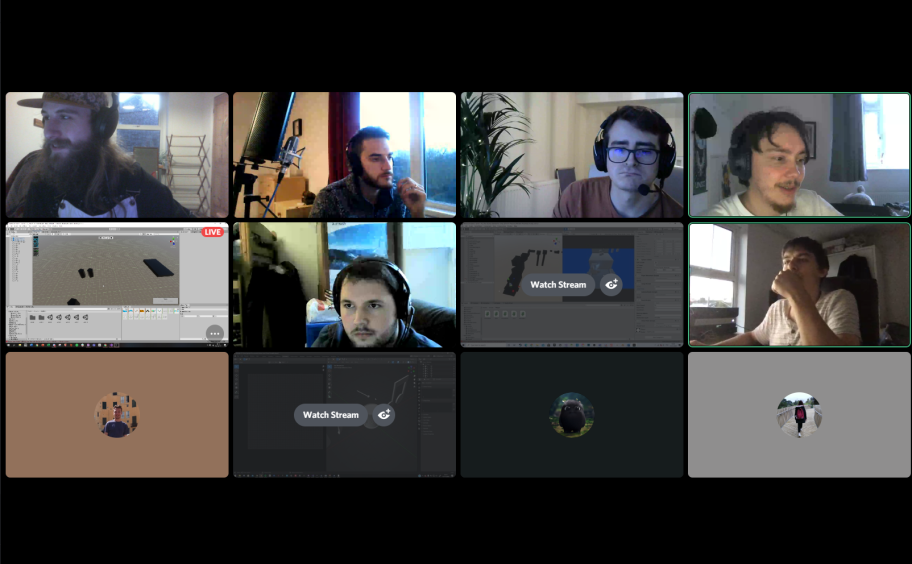
Honourable Mention
Shout out to The Tower of Memories team and their commitment and drive! It was great to see you so active within the game jammers voice chat over the weekend and we look forward to seeing more of all of your work in the future!
Thank you!
A goal with Miracle Jam was to create a wholesome community offering a safe space for struggling creatives to express and share themselves however they see fit. This goal is already starting to emerge and we’re excited by what this space will one day grow into.
Thank you to all the jammers that participated in Miracle Jam for sharing a little part of themselves to the world. Shout out to our judges for giving us their support and time. Make sure to give Joe, Camille and Enrico a follow and send them some love for helping us out!
Look out for more events from us in the future. We’re still very new to all of this and we learnt so much from organising this event as a result. If you have any suggestions on how we could improve the jam feel free to reach out to us in our commune.
– Miracle Tea
